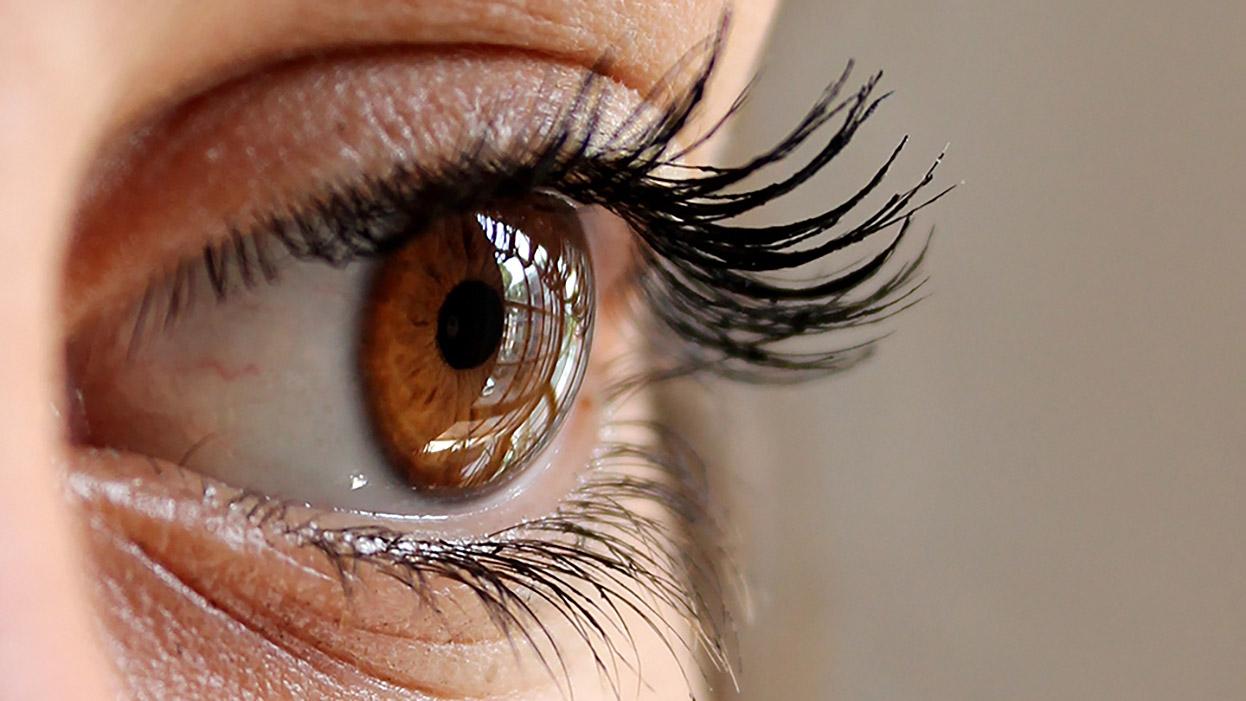Time expands after blinking: research explores dopamine and time perception link
Primary page content
One of the first studies to explore moment-to-moment fluctuations in individuals’ perception of time found that time is perceived to last longer after we spontaneously blink.

Researchers in the Department of Psychology at Goldsmiths, University of London found that temporary increases and decreases in dopamine levels within the striatum (a brain region known to be involved in time perception) are associated with moment-to-moment changes in how we perceive time.
Previous studies have demonstrated that spontaneous eye blinking is a reliable biomarker of dopamine levels in the striatum, and in the Goldsmiths study led by Dr Devin Terhune participants had a tendency to overestimate the length of short intervals after they had blinked.
The effect was present for short intervals of half a second, and longer intervals of two seconds, and occurred with both auditory and visual intervals. These short intervals are important as they are closely tied with a range of psychological and motor functions including fluctuations in conscious states.
Evidence from pharmacology, neuroimaging and genetics indicates that striatal dopamine – a neurochemical that plays an important role in a range of cognitive functions – influences time perception.
But the study by Dr Terhune and colleagues is one of the first to explore the way individuals’ perception of time changes from one moment to the next – a characteristic that could influence how we perform in contexts requiring precise timing of the environment.
The researchers say that increases in dopamine availability may speed up dopaminergic pulses in the brain that are triggered when we start to time an event. As a consequence, there is an earlier onset of the timing mechanism, or more frequent accumulation of timing-related information, resulting in the relative overestimation of time.
Fluctuations in dopamine availability may underlie variations in the characteristics of the dopaminergic pulse and introduce variability in the perceived duration of time, the researchers explain.
As is the case with time perception, spontaneous blinking is altered in clinical conditions characterised by dopamine levels below or above normal levels, such as Parkinson’s disease and schizophrenia. Drugs designed to manipulate dopamine levels can also affect blinking.
Dr Terhune, an expert in consciousness, hypnosis and time perception, concludes: “Relating dopamine to interval timing within individuals helps clarify why our perception of time varies from one moment to the next and may provide insights into fluctuations in consciousness more broadly.”
‘Time dilates after spontaneous blinking’ by Devin Terhune, Jake Sullivan and Jaana Simola was published in Current Biology on 6 June 2016.